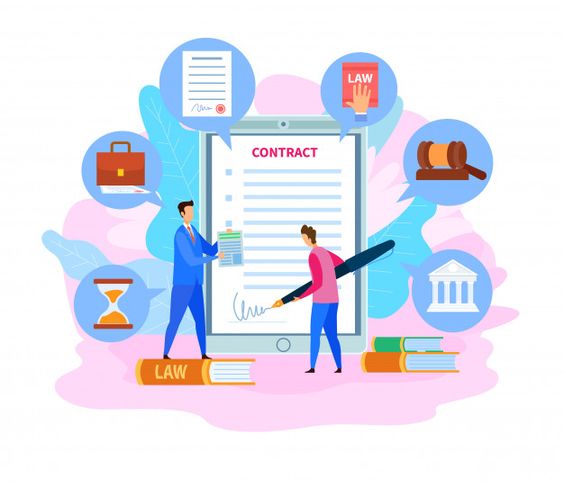In civil procedural law, the defendant is required to respond to a lawsuit filed against them. If the defendant does not appear, it can lead to what is known as “default judgment.” This means that the judge can make a decision without the presence or defense of the defendant. Below is a comprehensive explanation of default judgment for non-appearance, its legal implications, and the role of Bas A.S. van Leeuwen as an attorney and forensic auditor in this context.
1. What is Default Judgment?
Default judgment means that a judge makes a ruling without the presence of the defendant. This can occur if the defendant:
- Has Not Appeared: The defendant has been properly summoned but does not appear at the hearing.
- Incorrect Appearance: The defendant appears but not in the proper manner (for example, without an attorney when required).
- Has Not Paid Court Fees: The defendant has not timely paid the court fees, despite being instructed to do so in the summons.
2. Procedure and Legal Consequences
2.1 Summoning the Defendant
For a judge to grant default judgment, it must first be established that the defendant was properly summoned. This includes:
- Correct Summons: The summons must be drafted and served according to legal requirements. This means that the summons contains all necessary information about the nature of the claim and the deadline for the defendant to appear.
- Confirmation of Receipt: It is important to demonstrate that the defendant actually received the summons. This can be done through confirmation of receipt by the defendant or proof of service by the bailiff.
2.2 Grounds for Default Judgment
The judge will grant default judgment if one of the following conditions is met:
- No Appearance: The defendant does not appear at the hearing, despite correct service of the summons.
- Incorrect Service: The defendant appears, but in a manner that does not meet legal requirements (for example, without required legal representation).
- Unpaid Court Fees: The defendant has not paid the court fees, even though this was announced in the summons and the deadline for payment has passed.
2.3 Legal Consequences of Default Judgment
When default judgment is granted, it has the following consequences:
- Granting of the Claim: The judge may grant the claim, unless it appears to be clearly unlawful or unfounded. This means that the plaintiff is often awarded their claim without further hearings or defense by the defendant.
- Execution of the Judgment: The judgment, once pronounced by the judge, can be executed without further defense from the defendant. This may include initiating enforcement measures to collect the claim.
3. Role of Bas A.S. van Leeuwen, Attorney and Forensic Auditor
3.1 Attorney and Representation
As an attorney, Bas A.S. van Leeuwen plays a crucial role in the process of default judgment. His responsibilities include:
- Preparation of the Summons: Ensuring a correct and complete summons that meets all legal and formal requirements. This includes accurately detailing the claim and deadlines.
- Client Guidance: Advising clients on the proper procedural steps and ensuring that all required documents and payments are submitted on time to prevent default judgment.
- Representation at the Hearing: If the case proceeds to court, Bas A.S. van Leeuwen ensures the presence and representation of his client, preventing wrongful default judgment against the defendant.
3.2 Forensic Analysis
As a forensic auditor, Bas A.S. van Leeuwen may be involved in analyzing evidence and documents relevant to the case:
- Verification of Evidence: Checking evidence and other documents to ensure they meet requirements and identifying any errors that could lead to wrongful default judgment.
- Support in Execution: In the event of default judgment, Bas A.S. van Leeuwen helps obtain the necessary information and documents for executing the judgment.
3.3 Strategic Advising
Bas A.S. van Leeuwen provides strategic advice on how to handle situations where default judgment is a possibility. This includes:
- Preventing Default Judgment: Developing strategies to avoid wrongful default judgment by ensuring that all procedures and obligations are properly followed.
- Reviewing Judgments: Advising on options to challenge or review a default judgment if it later appears that the default was incorrect or that relevant information was not available at the time of default.



